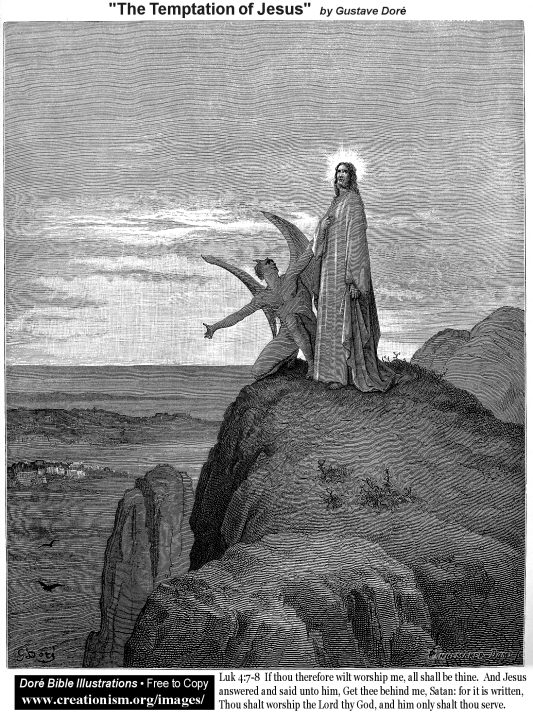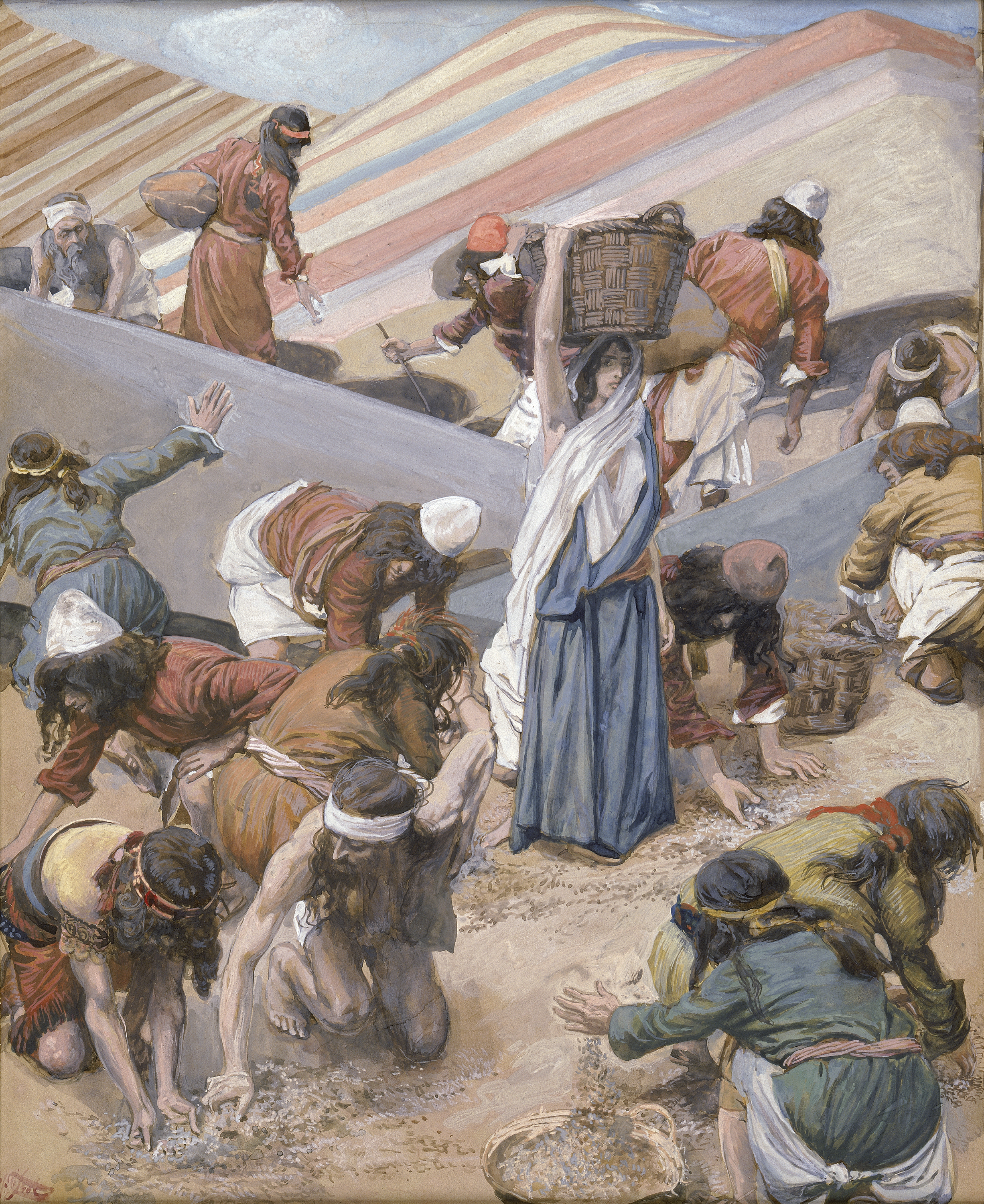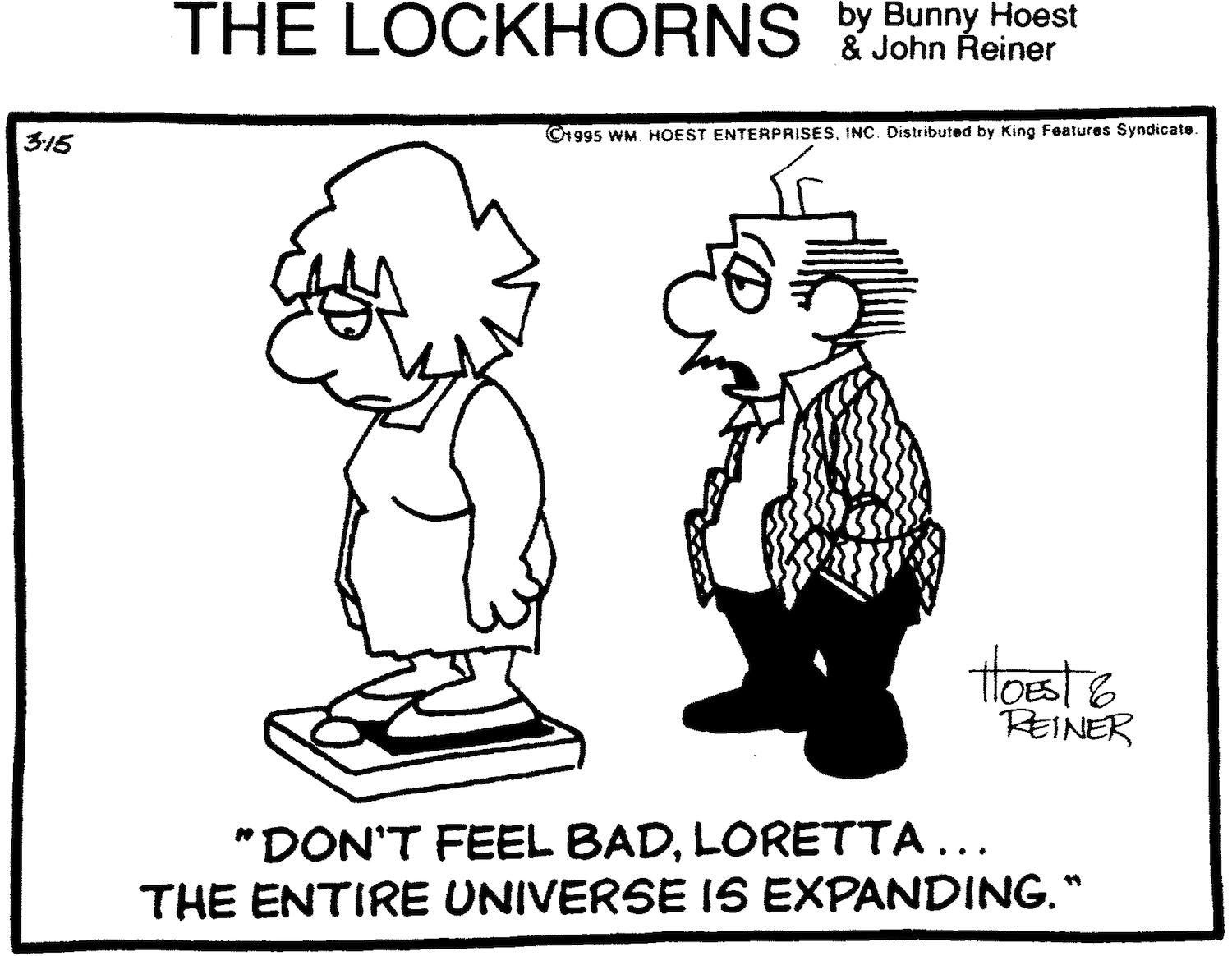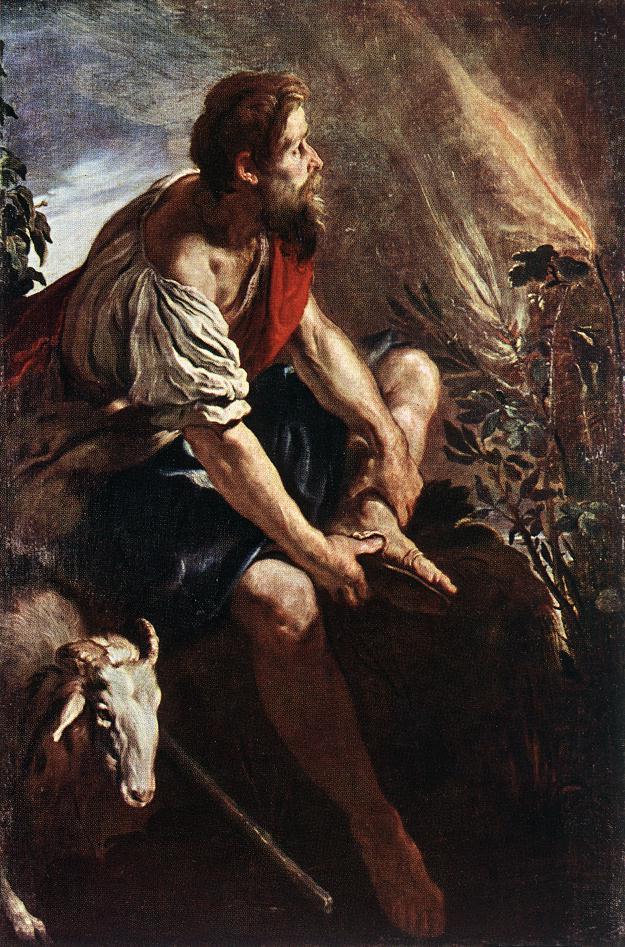
Welcome to DORScribe, a blog about reading the Bible with an open mind.
In other words, this blog is different.
It says you learn more by reading the Bible with an open mind, and that the Bible was written to liberate you, not shackle you it into a “spiritual straitjacket.”
Those ideas run contrary to some common perceptions these days: 1) that too many Christians are too negative; 2) that too many Christians are close-minded; or 3) that too many Christians think The Faith is all about following their specific set of rules, on pain of going to hell. (See my way or the highway – Wiktionary, but also Matthew 13:52, where Jesus said the key is finding the right balance, that is, combining “something new with something old.”)
For more on such thoughts see About this Blog, which also talks about the Three Great Promises of Jesus, to all people, and about how through those promises we can live full, rich lives of great spiritual abundance and do greater miracles than Jesus, if only we open our minds…
In the meantime:
This feature focuses on next Sunday’s psalm, and on highlights from the psalms in the Daily Office (DORs) in the week leading up to that upcoming Sunday. The plan is to review the next Sunday’s readings on the Wednesday before, and to review the psalms from the DORs for the week ending on the Tuesday just before that “prior Wednesday.”
The Lectionary Page psalm for Sunday, October 5, is Psalm 19. The DOR psalms highlighted here are from the readings for Wednesday, September 24, up to Tuesday, September 30.
Psalm 19 will be discussed below, but first here are some highlights from last week’s DORs.
The DORs for Wednesday, September 24, included Luke 4:1-13, about the “temptations of Jesus,” one of which is illustrated above by Gustave Dore, and each of which showed Jesus resisting that temptation by citing the appropriate psalm or other verse from the Bible. (One lesson being that it pays to know the Bible and the psalms!)
For more information, see Temptation of Christ – Wikipedia, the free encyclopedia:
The temptation of Christ is detailed in the Gospels of Matthew, Mark, and Luke. According to these texts, after being baptized, Jesus fasted for forty days and nights in the Judaean Desert. During this time, Satan appeared to Jesus and tried to tempt him. Jesus having refused each temptation, Satan departed and angels came and brought nourishment to Jesus.
In one temptation the Devil took Jesus to Jerusalem and “set him on the pinnacle of the temple, and said to him, ‘If you are the Son of God, throw yourself down from here; for it is written, ‘He will give his angels charge of you, to guard you,’ and ‘On their hands they will bear you up, lest you strike your foot against a stone.’” In doing so, the Devil cited Psalm 91:11-12:
For he will give his angels charge of you
to guard you in all your ways.
On their hands they will bear you up,
lest you dash your foot against a stone.
But Satan left out the words, “‘in all your ways,’ thus changing a general rule of life to one particular expediency, and that quite contrary to God’s will,” according to the International Bible Commentary (IBC). And Matthew Henry‘s commentary noted that Satan also left out verse 9, which included the proviso, “Because you have made the Lord your refuge, and the Most High your habitation…” That is, the promises of Psalm 91:11-12 “are sure to all those who have thus made the Most High their habitation … that is, ‘as long as thou keepest in the way of thy duty.'”
Put another way, those promises don’t apply to those who “put themselves out of God’s protection.” (See Psalms 91 Commentary – Matthew Henry Commentary on the Whole ….)
Which is why Jesus responded, “The Scriptures also say, ‘Do not put the Lord your God to a foolish test.'” (See Deuteronomy 6:16, “You must not provoke [God] and try His patience as you did when you complained against Him at Massah,'” with both quotes from The Living Bible.)
That leads to another lesson: The Devil can cite Scripture for his purpose. (See No Fear Shakespeare: The Merchant of Venice: Act 1, Scene 3 ….) And that in turn makes it doubly important – as noted above – to know the Bible and the psalms!
Psalm 91:13 goes on, “You shall tread upon the lion and the adder; you shall trample the young lion and the serpent under your feet.” That brings up an equally dangerous practice, of taking passages “out of context.” That topic was addressed in On snake-handling, Fundamentalism and suicide – Part I, and On snake-handling, Fundamentalism and suicide – Part II.
And just as an aside, the DORs for Friday, September 26, included this same Psalm 91, the one Jesus quoted in the DOR Gospel for Wednesday, September 24. (Cue the Twilight Zone theme.)
Moving ahead, the DORs for Sunday, September 28 included Psalm 66:9 and 14. Psalm 66:9 reads, “For you, O God, have proved us; you have tried us as silver is tried.” Psalm 66:14 reads, “Come and listen, all you who fear God, and I will tell you what He has done for me.”
Two points. The first is that silver is tried by fire, as noted in Proverbs 17:3; in The Living Bible, “Silver and gold are purified by fire, but God purifies hearts.” The Revised Standard Version reads, “The crucible is for silver…” And as Wikipedia noted, “crucibles can be made from any material that withstands temperatures high enough to melt or otherwise alter its contents.” (E.A. See also crucible: definition of crucible in Oxford dictionary …, which added that the term can also mean a “place or occasion of severe test or trial,” as in “the crucible of combat,” or a place or situation “in which different elements interact to produce something new.”)
Either way, the point is that a devout student of the Bible definitely should not get either self-righteous or complacent, as noted below “vis-a-vis” Psalm 19.
The second point? I’m trying to implement Psalm 66:14 by and through this blog…
Turning to Psalm 19 – the psalm for Sunday, October 5 – it begins, “The heavens declare the glory of God,and the firmament shows his handiwork,” and ends with verse 14, “Let the words of my mouth and the meditation of my heart be acceptable in your sight, O LORD, my strength and my redeemer.” The International Bible Commentary (IBC) said of Psalm 19:
The writer loves and treasures God’s law, but he is far from being self-righteous or satisfied with a merely external observance of it. He finds the study of the law both challenging and disconcerting; he feels the need of inward cleansing and of power to overcome temptation… Acceptance by God must be an act of grace.
Emphasis added, with the emphasized passage underscoring some basic themes of this blog, the first being that if you want to get more out of the Bible, you need to go beyond a “merely external observance of it.” (Consider two karate students. One goes to an hour lecture each week but just sits and watches. The other takes notes, listening carefully, then goes home to practice the suggested forms and studies even more. Which student will make more progress?)
The second is a need to guard against “resting on your laurels.” It’s like physical exercise; “resistance training.” If it gets too easy you’re not making progress; you’re just marking time and likely getting complacent. Thus the quest to delve deeper into the Bible can and should be both “challenging and disconcerting,” but eventually way more rewarding.
That digression leads to the topic, Soapbox – Wikipedia, the free encyclopedia.
Okay, I’ll shut up – for now.
The upper image is courtesy of Bible Illustrations, by G. Dore – Main Page – Creationism.org:
French artist Gustave Doré (1832-1883) produced hundreds of quality Bible story illustrations… Many masters produced such artwork for illustrating Biblical themes, and Doré was among the most famous of them.Doré’s realistic style breathed new life into these real stories. Centuries of mosaics, frescos, and stone reliefs … had caricaturized many Bible stories in the minds of believers. But [Doré’s] persons and places look real. [His] work (and artistic license) was criticized by some in his own day, but these illustrations stand the test of time as good physical representations of important Biblical events.
In Matthew 13:52 (ERV), “Jesus said to the followers, ‘So every teacher of the law who has learned about God’s kingdom has some new things to teach. He is like the owner of a house. He has new things and old things saved in that house. And he brings out the new with the old.” (E.A.)
The lower image is courtesy of Speakers’ Corner – Wikipedia, the free encyclopedia, included in the article Soapbox – Wikipedia, the free encyclopedia. The full caption reads, “Danny Shine arguing against the absurdity of society,” at the original and most noted “Speaker’s Corner,” in the northeast corner of Hyde Park in London. The “soapbox” article adds this:
A modern form of the soapbox is a blog: a website on which a user publishes his/her thoughts to whomever they are read by.





 An image of “the eleventh hour,” referring to a point in time “nearly too
An image of “the eleventh hour,” referring to a point in time “nearly too 







